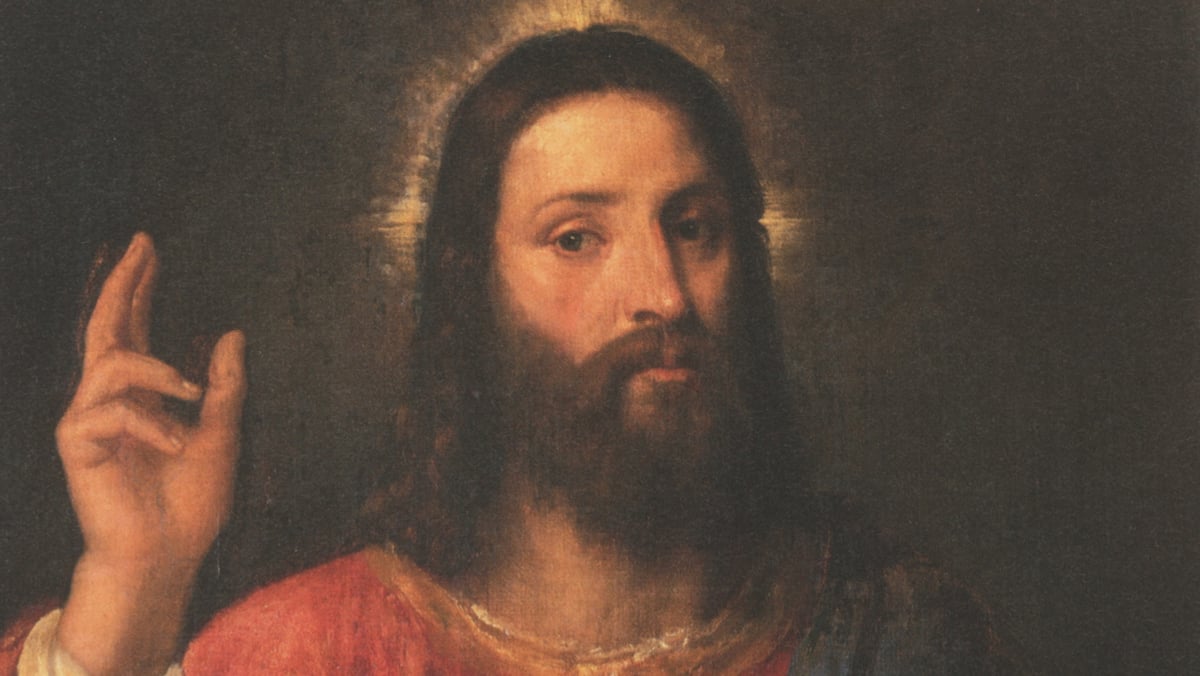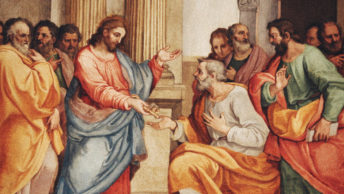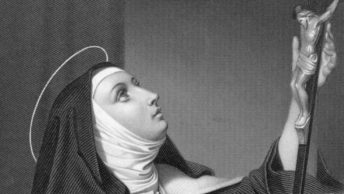Some years ago a close friend told me of an experience she had in the early 1950s. A recent convert to Catholicism at the time, she was talking to a priest about the death of her grandfather, a Congregationalist minister whom she described as the most saintly person she had ever known, adding that she was sure he was with God. The priest replied, with sadness, that the minister could not be in heaven because salvation is not possible outside the Catholic Church.
Why would the priest make such a statement? Because he truly believed it. And why did he believe it? Because that is what the Church taught, and not just in one or two papal encyclicals but repeatedly. Consider these examples:
Pope Innocent III, Fourth Lateran Council (1215): “There is but one universal Church of the faithful, outside which no one at all is saved.”
Pope Boniface VIII, Papal Bull Unam Sanctam (A.D. 1302): “We declare, say, define, and pronounce that it is absolutely necessary for the salvation of every human creature to be subject to the Roman Pontiff.”
Pope Clement VI, Super Quibusdam (1351): “. . . No man of the wayfarers outside the faith of this Church, and outside the obedience to the Pope of Rome, can finally be saved.”
Pope Eugene IV, Papal Bull at Council of Florence ( 1438 – 45): “[The most Holy Roman Church] firmly believes, professes, and proclaims that those not living within the Catholic Church, not only pagans, but also Jews and heretics and schismatics cannot become participants in eternal life. . . No one, whatever almsgiving he has practiced, even if he has shed blood for the name of Christ, can be saved, unless he has remained in the bosom and unity of the Catholic Church.”
Pope St. Pius V, Bull excommunicating the heretic Queen Elizabeth of England (1570): “The sovereign jurisdiction of the one holy Catholic and Apostolic Church, outside of which there is no salvation . . . .”
Pope Leo XII in Ubi Primum (1826): “It is impossible for the most true God, who is Truth Itself, the best, the wisest Provider, and the Rewarder of good men, to approve all sects who profess false teachings . . . This is why we profess that there is no salvation outside the Church.”
Pope Gregory XVI in Mirari Vos (1832): “[About those who claim that] salvation is open to persons of any religion whatever [I say] without a doubt, they will perish forever, unless they hold the Catholic faith whole and inviolate.”
Pope Pius IX in Nostis et Nobiscum (1849): “In particular, ensure that the faithful are deeply and thoroughly convinced of the truth of the doctrine that the Catholic faith is necessary for attaining salvation.”
Pope Leo XIII in Tametsi Futura Prospicientibus (1900): “Christ is man’s ‘Way’; the Church also is his ‘Way’… Hence all who would find salvation apart from the Church, are led astray and strive in vain.”
Pope St. Pius X in Iucunda Sane (1904): “Yet at the same time We cannot but remind all, great and small, as Pope St. Gregory did, of the absolute necessity of having recourse to this Church in order to have eternal salvation…”
Pope Pius XI in Mortalium Animos (1928): “The Catholic Church is alone in keeping the true worship. This is the fount of truth, this is the house of faith, this is the temple of God: if any man enter not here, or if any man go forth from it, he is a stranger to the hope of life and salvation.”
Pope Pius XII in Allocution to the Gregorian, October 17, 1953 “By divine mandate the interpreter and guardian of the Scriptures, and the depository of Sacred Tradition living within her, the Church alone is the entrance to salvation: She alone, by herself, and under the protection and guidance of the Holy Spirit, is the source of truth.”
Pope John Paul II in Radio Message October 3, 1981: “The mystery of salvation is revealed to us and is continued and accomplished in the Church…Like Brother Francis we have to be conscious and absorb this fundamental and revealed truth, consecrated by tradition: ‘There is no salvation outside the Church.’ From her alone there flows surely and fully the life-giving force destined in Christ and in His Spirit, to renew the whole of humanity, and therefore directing every human being to become a part of the Mystical Body of Christ.”
Many Church Fathers have unequivocally made the same pronouncement as the popes, including Origen, St. Bede, St. Augustine, St. Thomas Aquinas, St. Peter Canisius, and St. Robert Bellarmine.
Therefore, though the priest who suggested my friend’s grandfather was in Hell could have been kinder (by saying obliquely but consolingly, “to pray for those we love, living or dead, is always an act of love”), there can be no question that what he said reflected the traditional view of the Church on salvation, a view that two of the popes expressed in phrasing associated with definitive and perhaps even infallible teaching. I am referring to Boniface VIII’s “We declare, say, define, and pronounce that it is absolutely necessary . . .” and Eugene IV’s “The most Holy Roman Church] firmly believes, professes, and proclaims . . . .”
Some contemporary Catholic scholars do, in fact, consider the popes’ statements on salvation both definitive and infallible. To cite but one example, an article in Catholic.com states, “The Catholic Church teaches infallibly, “extra ecclesiam nulla salus,” or, “outside the Church there is no salvation. But as with all dogmas of the Faith, this has to be qualified and understood properly.” The author later says again that the teaching is infallible and “not up for debate among Catholics.” (He does not mention, however, that the qualifications came long after the teaching was proclaimed, a fact that raises the question of whether the teaching has changed and is therefore not infallible.)
Even if the doctrine “no salvation outside the Church” is considered settled by the Church, it continues to be deeply troubling, and not only for those outside the Church, but also for Catholics who love their non-Catholic neighbors and honor the memories of remarkable human beings of other faiths. Many of their names come readily to mind—Quaker George Keith who first spoke out against slavery in 1693 and William Wilberforce and Thomas Clarkson who a century later devoted their lives to its abolition. (In contrast, as John Noonan notes in A Church that Can and Cannot Change, the Catholic Church came very late to that cause: Until Vatican II in 1964, he writes, “not a single word repudiating or condemning slavery” could be found in papal and conciliar teachings over the centuries.)
Other remarkable people rush to mind, as well: heroes of the Holocaust Dietrich Bonhoeffer and Elie Wiesel, psychiatrist/philosopher Viktor Frankl, C. S. Lewis, Mahatma Gandhi, Billy Graham, Martin Luther King Jr. The idea that such individuals, and countless billions of others, many of whom loved Jesus with all their hearts, may have been denied the Beatific Vision for all eternity confounds the mind and depresses the soul.
Copyright © 2018 by Vincent Ryan Ruggiero. All rights reserved








